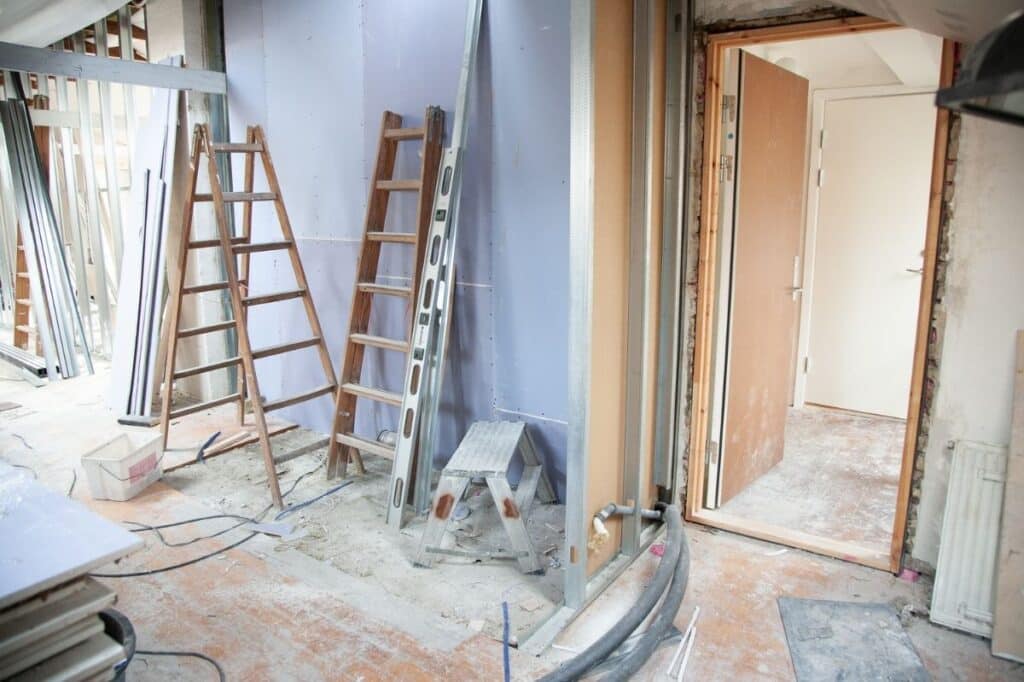This article is about NCAT’s ruling that former lot owners cannot sue owners corporations for damages in NCAT and must instead file such claims in Court.
In a recent ruling, NCAT’s Appeal Panel has confirmed that a former lot owner is not entitled to sue an owners corporation for damages in NCAT. This ruling clarifies that former lot owners can only take legal action against an owners corporation to claim damages in a Court. The ruling also has broader implications about the limits of NCAT’s jurisdiction to entertain claims made by former lot owners.
Background
There has been a surge in claims made by lot owners against owners corporations for damages. Those claims typically arise as a result of defects in the common property which allow water to leak into and cause damage to a lot. Typically, a lot owner sues the owners corporation for damages to claim compensation for financial losses they suffer as a result of the water ingress and damage, including loss of rent or alternate accommodation expenses where the lot becomes uninhabitable, costs to repair damage caused to the lot and other expenses such as legal costs and experts’ fees.
Jurisdiction
Those claims are brought by lot owners under section 106(5) of the Strata Schemes Management Act 2015 (Act) which gives them a statutory right to claim damages from an owners corporation for a breach of the duty to repair common property. NCAT has the power to award damages under section 232 of the Act on the application of an “interested person” including a lot owner.
The Case
In the recent ruling, NCAT’s Appeal Panel confirmed that a person who is a former lot owner at the time they take legal action against an owners corporation in NCAT claiming damages is not an “interested person” as a result of which the person does not have standing to sue the owners corporation in NCAT for damages. The Appeal Panel confirmed that, where a lot owner suffers damages, for example, as a result of defects in the common property that allow water to leak into and cause damage to their lot, but the lot owner subsequently sells their lot, the former lot owner is only entitled to sue the owners corporation for damages in a Court, not NCAT.
Conclusion
This case clarifies that owners who sell their lots and then want to sue their owners corporation for damages must make that claim in a Court and not in NCAT. The case also has broader implications. It likely means that, for example, an owners corporation cannot seek orders in NCAT against a former lot owner, for instance, orders to require a former lot owner to repair damage they cause to the common property by carrying out unauthorised renovations whilst they were a lot owner. The recent ruling provides important guidance on the limits of NCAT’s jurisdiction to determine claims between owners corporations and former lot owners.
Case: Griffinchuk No. 1 Pty Ltd atf Giffinchuk Family Trust v The Owners – Strata Plan No. 92745 [2025] NSWCATAP 273.
Adrian Mueller JS Mueller & Co Lawyers E: adrianmueller@muellers.com.au P: 02 9562 1266
This post appears in Strata News #769.
Have a question or something to add to the article? Leave a comment below.
Read next:
- NSW: Absolute prohibitions in by-laws – are they are no no?
- NSW: Q&A Issuing a Breach / Notices to Comply with a By Law
- NSW: By-laws – why (and how) are they registered?
This article has been republished with permission from the author and first appeared on the JS Mueller & Co Lawyers website.
Visit our Strata By-Laws and Legislation OR NSW Strata Legislation.
Are you not sure about some of the strata terms used in this article? Take a look at our NSW Strata Glossary to help with your understanding.
After a free PDF of this article? Log into your existing LookUpStrata Account to download the printable file. Not a member? Simple – join for free on our Registration page.
